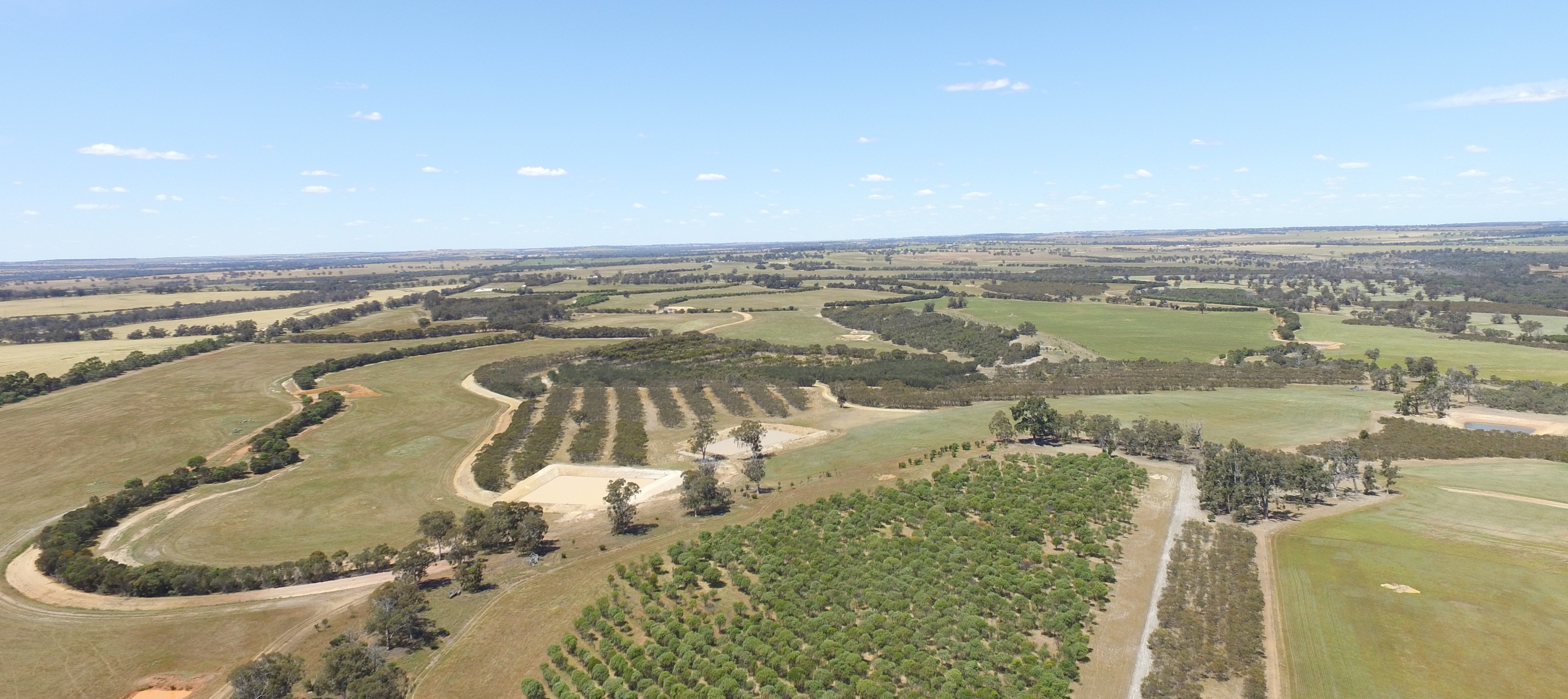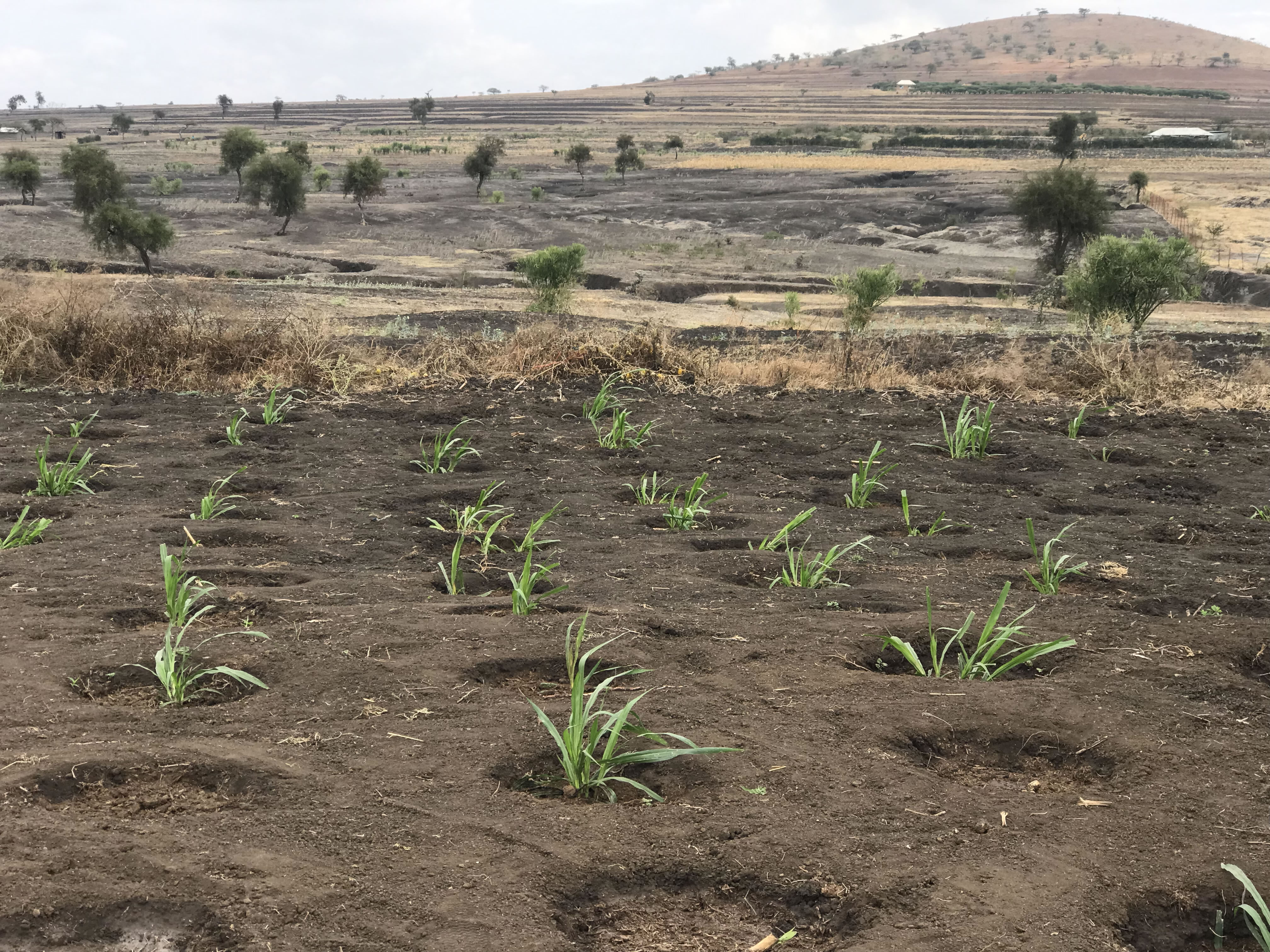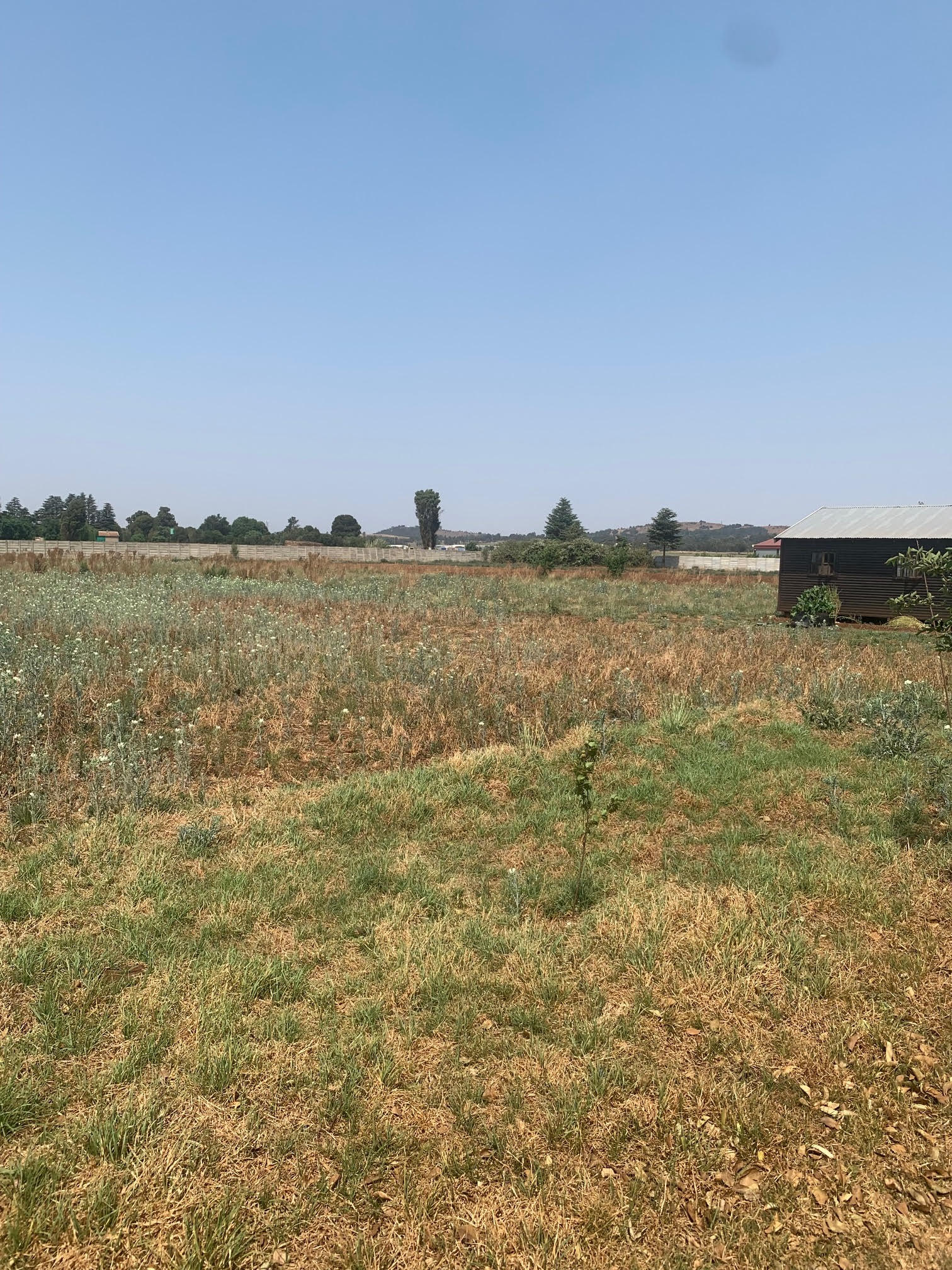
Temple Farm
It is a certified organic property that has undergone a major agroecological transformation over the last 40 years under McFall family stewardship to reconfigure the farming operations to advance soil health, tree culture and water management.
The property was originally developed by the Davis family in the late 1920's and is located on the traditional custodial lands of the Aboriginal Noongar peoples of the South West of Western Australia. I am a 4th generation land manger following the Davis family lineage's connection to these lands.
Temple Farm is approximately 1000ha and comprises a mix of nature based wetlands and unique conservation features. A dominant feature being the Carlecatup River system and buffering nature reserves. The property is located within the Cherry Tree Pool land district of the Kojonup Shire.
'Cherry Tree Pool' was a Anglo term adopted in recognition of the large amount of wild food trees [Quandong] that grew along the river and across these lands. My connection to this land and interest in advancing plantings of wild foods is well infused in the properties ethos and endeavors.
I personally feel the strength and resilience of our futures is in diversity of enterprises, people and sound landscape management perspectives. Re-introducing 'tree culture' is a great way to build that future and tackle many societal challenges like Climate Change/ drought, carbon abatement inclusion and opportunity for many.
To hug a tree and or get relief from its shade on a hot day establishes a deep undeniable connection to place and a relationship to our natural environs. I believe that needs rekindling to advance society thoughtfully and fairly. Planting more trees for future huggers is a good way to go!
As property steward I recognize that a continuum of custodial care is a honor and a personal responsibility therefore seek to create a unique demonstration farm for infusing prior and emerging cultures through innovative and strategic 'at scale' tree planting projects. A term to describe this approach I describe as to 'indigenize' our agricultural systems and thinking to achieve the deeper level of understanding and attachment to the unique features of this land, its water, environs etc and our responsibility to care and share. Trees are the lungs of the earth and provide a essential habitat including bio-cycling resources and energy capture within a interconnected feedback function that helps to support life on the planet. The south west land division of Western Australia supports the worlds greatest woodland association of plants that have been greatly impacted due to over clearing, agricultural product impact, salinity and climate change. Up to 95% in some districts cleared. Ironically 60% of the 'drying' climate experienced is attributed to tree clearing for agricultural pursuits. This is a 'own goal' I seek to address and demonstrate a corrective pathway via innovative species placement/ selection delivering a diversified platform of future landscape management and farm system enhancing values.

Robb Elementary Memorial Site
Remembering those affected by the Robb Elementary School

Saravu
Meyasi M Mollel is the Masai and owner of the farm with the passion to conserve the ecosystem at the same time benefitting and he wish to scale up the movement to his communities around his farm. He is knowledgeable about environment conservation through the empowerment of the local people especially women who are the drivers of change in the world. So he will train the women to plant the pasture grass and forage trees like Moringa which in return will be used to feed their dairy cattle as forage to give them milk to sell and as the source of economic income. So its save Mother Nature to cash you money for your daily activities.
The project is very important because it create mutual benefits to the people and the land as we plant the trees and pastures that help on carbon dioxide sequestration, fixing the soil nutrients required, regeneration of the degraded land which improve soil stability and the cattle get the pastures to feed on. The women will be trained on how to use the land they have to restore soil fertility in order to grow trees and pasture to feed their dairy cattle to give them quality and quantity milk which they will sell and get income to run smoothly their daily lives. They will use the organic manures to restore back the soil fertility, and they will teach other women to practice the same mode of approach. We hope this is the way we should protect the Mother Nature at the same time we reap the benefit as the communities will see the value of protecting and that make it Sustainable movement which will not need much of our time to supervise the communities.

AWIA Farm
To date we have developed over 140 women though various programs including an agricultural Incubator and have planted 120 fruit trees, all in our farm. We currently grow and produce organic vegetables for the local market on our farm, and some is supplied to the local communities.
Our strategic goal is to empower 3,000 women in agricultural initiatives in the next three years (2023-2026).
Our projects focuses on empowering vulnerable women farmers (the most marginalised), to foster creation of green- entrepreneurship based income sources. Our choice in trees was influenced by the multiple benefits of providing food and restoring the environment while being cognisant of the area within which we operate. We have selected fruit trees for our project; peach trees which will thrive in our farm environment and provide nutritious fruit to our beneficiaries. The fruit trees will also stabilise the soil, minimise erosion, and provide valuable nutrients to the community. The farm is surrounded by low income communities for whom access to affordable food is a challenge. We will have the capacity to provide them with easy access to fruit at their doorstep, while we conserve the environment. Tree planting is hugely beneficial to the environment as it reduces erosion, improves air quality, provides shade, improves the soil, improves air quality, and attracts insects /bees for pollination. Our land is currently barren and in need of trees (see the picture). This project is our contribution to addressing the challenge of climate change as well as a pilot which will allow us to scale this program to other parts of the country through our network of women farmers.
